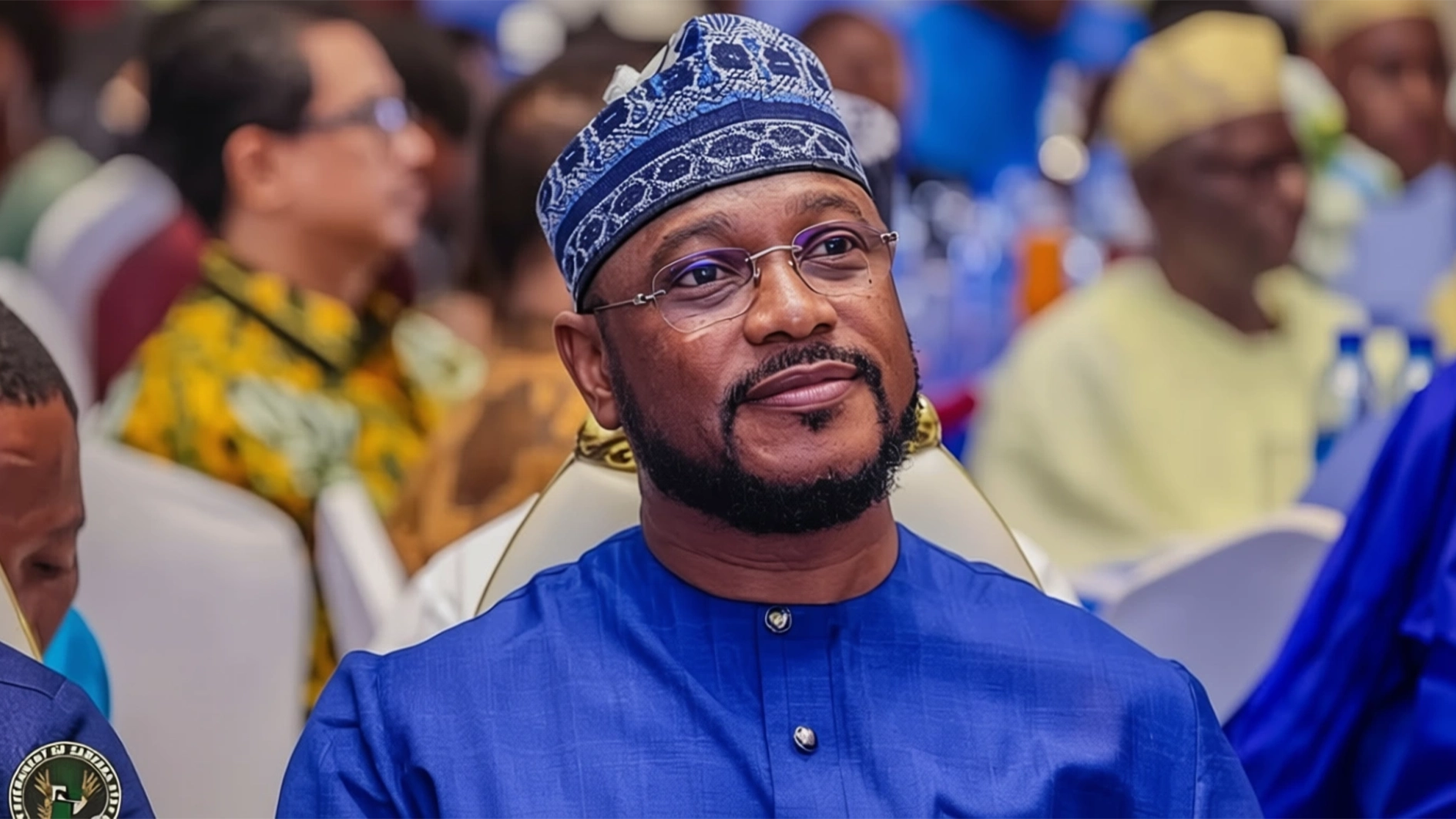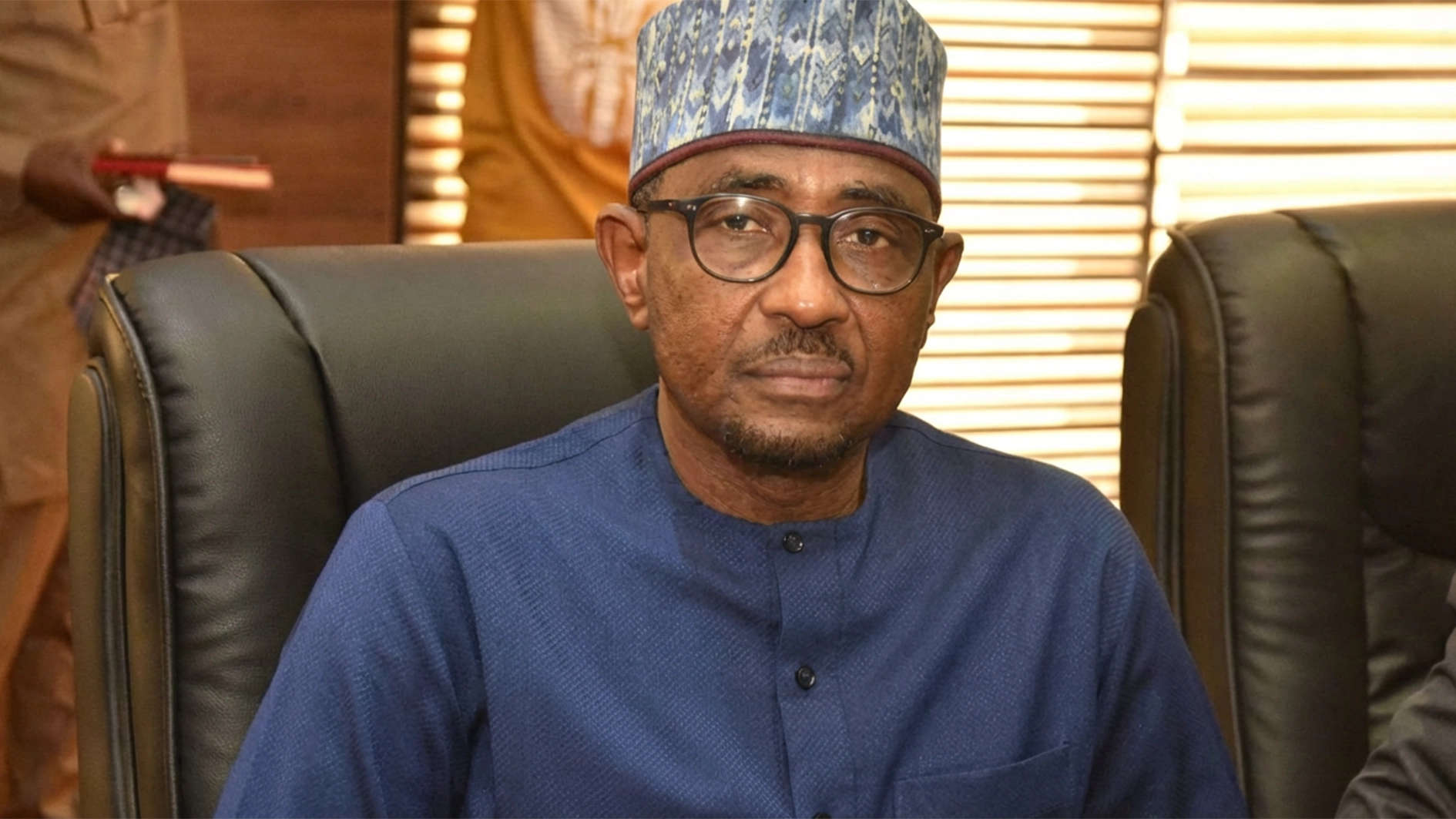Former Chief of Army Staff and ex-Minister of Interior, Lt.-Gen. Abdulrahman Bello Dambazau (rtd), on Tuesday traced the origin of the Boko Haram insurgency to a police misstep in 2009.
He said the insurgency ravaging the North-East today began as a local law enforcement failure that spiralled into one of Nigeria’s worst security crises.
Dambazau spoke in Abuja while delivering the keynote address at the 7th Annual Lecture of the Just Friends Club of Nigeria (JFCN), themed “Nigeria’s Security Challenges and the Quest for National Cohesion: A New Paradigm for Internal Security Architecture and Governance.”
The lecture was chaired by former Director-General of the Nigerian Television Authority (NTA), Prof. Tonnie Iredia.
Recounting the early days of the insurgency, Dambazau said the crisis began in Maiduguri following a confrontation between police officers and followers of the late Boko Haram founder, Mohammed Yusuf, over the enforcement of a crash-helmet law.
According to him, “Boko Haram started as a local issue triggered by a law on wearing crash helmets. Some of Yusuf’s followers were stopped by the police while heading to a burial because they were not wearing helmets. A fracas ensued, and the police shot a few of them. Mohammed Yusuf swore revenge, and weeks later, they began attacking police stations.”
Dambazau, who was Army Chief at the time, said the then-President Umaru Musa Yar’Adua ordered a military operation to dismantle the group’s enclave in Maiduguri.
“I was in China when I was informed of the order to clear their enclave. After the operation, we arrested Mohammed Yusuf and many of his followers. As military personnel, we handed them over to the police as required,” he said.
“Unfortunately, the police executed Yusuf in front of the camera, and the footage spread worldwide. Those who escaped used the images to attract sympathy and recruit followers. That was the real beginning.”
Turning to the current wave of banditry in the North-West, Dambazau said it resulted from years of neglect, poverty, and governance failure.
“You cannot solve insecurity with bullets alone. The roots of banditry lie in unemployment, hunger, lack of education, and weak local administration,” he said. “The military has been overstretched because the police, who should handle internal security, are underdeveloped and politicised.”
He criticised the growing use of soldiers for routine policing, saying it had eroded their constitutional role of defending Nigeria’s territorial integrity.
“The military is now everywhere doing roadblocks and checkpoints. That’s not their job. Meanwhile, governors keep building roads but neglect education and healthcare, which are the real foundations of human security,” he added.
Dambazau also accused both the executive and legislature of mismanaging security funds, noting that despite huge annual allocations, insecurity persists due to leakages and misplaced priorities.
“Many items in the defence budget are contractor-driven and inserted by lawmakers without consulting the services. Sometimes, the items are irrelevant to operational needs,” he said, adding that barely 40 percent of most approved security budgets are released.
He stressed that “investment in the military alone will never solve Nigeria’s problem if we do not invest in people.”
Dambazau dismissed recent Western narratives alleging genocide against Christians in Nigeria, describing them as propaganda aimed at manipulating global perception.
“America protects its own interests, not anyone else’s. Nigeria must define and defend her own interests,” he declared.
Also speaking, former Chief of Policy and Plans at the Nigerian Air Force, Air Vice Marshal Gbolahan Adekunle (rtd), lamented the demoralisation of security personnel and the waste of training resources due to premature retirements.
“It costs about $114 million to train one officer for strategic-level deployment, yet within six years, many are retired. That’s how we lose our best hands,” he said.
He recalled a 2024 incident in Gwoza, Borno State, where three radicalised teenage girls detonated bombs in a public place, stressing that “we are fighting an enemy that operates in the minds of our children.”
A Professor of Strategic Management at Nnamdi Azikiwe University, Okey Ikechukwu, said the disconnect between government and citizens had weakened public intelligence cooperation.
He faulted the tendency to blame the military while ignoring failures of civilian leadership and noted that the global arms trade continues to fuel conflicts in Africa.
President of JFCN, Fred Ohwahwa, expressed concern over recent threats by U.S. President Donald Trump to invade Nigeria, urging citizens to confront insecurity decisively to prevent foreign interference.
He reaffirmed the club’s commitment to promoting national dialogue, civic responsibility, and collective engagement in addressing Nigeria’s pressing challenges.






